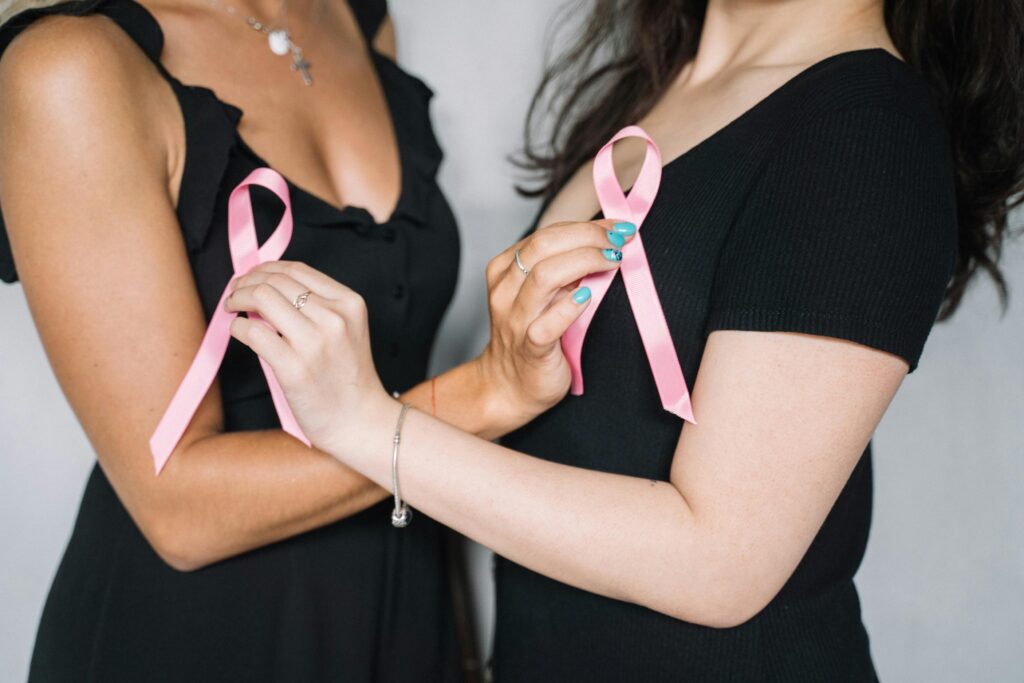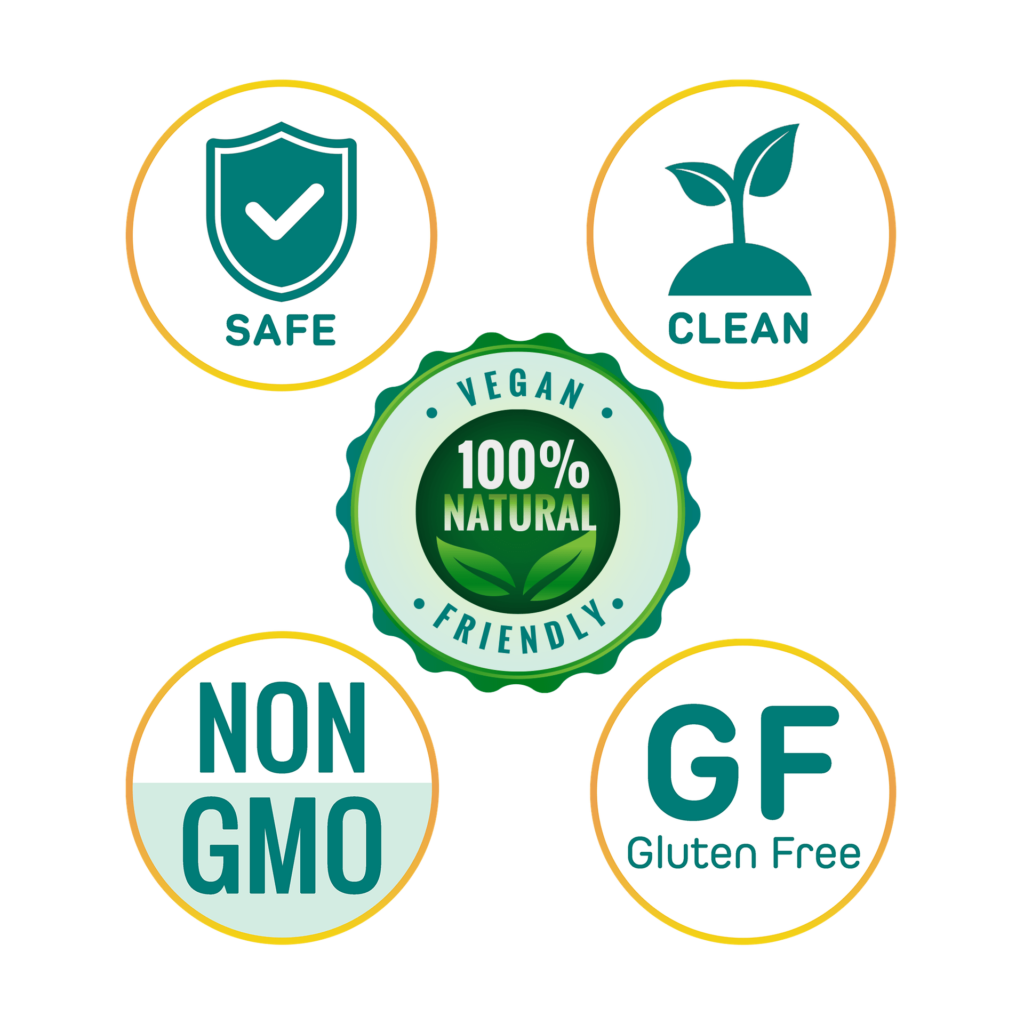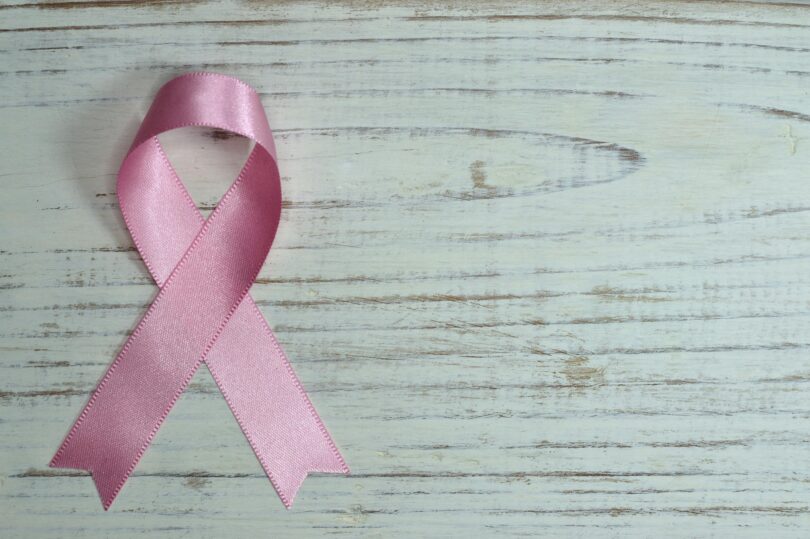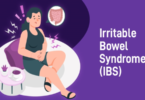IBS after chemotherapy can be overwhelming. Discover science-backed, gentle approaches to relieve symptoms without relying on strong medications.

When IBS Follows Chemotherapy: You’re Not Alone
For many cancer survivors, the battle doesn’t end with the last round of chemo. New challenges often arise—one of the most frustrating being post-chemo digestive issues, especially Irritable Bowel Syndrome (IBS).
It might begin with mild gas or bloating… then evolve into persistent pain, unpredictable bowel movements, food sensitivities, or even emotional distress.
💬 “I beat cancer—but now I can’t go out without fearing a flare-up.”
If this sounds familiar, know this:
👉 IBS symptoms after chemotherapy are real—and they are manageable.
Why Chemotherapy Triggers IBS
Chemotherapy is a powerful treatment that targets rapidly dividing cells. But it doesn’t only target cancer—it also impacts other fast-dividing cells in the body, including:
- The lining of the gut
- Immune cells in the intestines
- The delicate balance of gut microbiota
The result?
A disrupted digestive system that can take months—or even years—to recover, manifesting as:
- Diarrhea or constipation
- Abdominal cramps or pain
- Bloating and gas
- Food intolerances
- Mucus in the stool
- Fatigue and fogginess
This is where IBS symptoms begin to show up, even in people who never had gut issues before chemo.
Why Strong Medications Aren’t Always the Answer
It’s understandable to want quick relief—but traditional IBS medications often mask symptoms rather than address root causes.
And after chemotherapy, your body may be more sensitive or reactive to pharmaceuticals.
Many patients report:
- Worsened side effects from antispasmodics
- Unwanted drowsiness from antidepressants used for IBS
- Dependency concerns around pain medications
- Disruption of already fragile gut flora
If your instinct is telling you “there must be a better way”—you’re absolutely right.
Gentle, Science-Backed Strategies to Soothe IBS After Chemotherapy
Let’s shift the focus from suppression to restoration.

Here’s what evidence—and experience—suggests may help:
1. Rebuild the Gut Microbiome with Spore Probiotics
Chemotherapy often devastates the gut flora.
Rebalancing your microbiome is essential, but not just any probiotic will do.
Spore-based probiotics (like Bacillus coagulans or Bacillus subtilis) are:
- Heat-stable and stomach-acid resistant
- Able to colonize and repair the gut lining
- Less likely to cause bloating or “die-off” reactions in sensitive bodies
- Safe post-chemo (always consult your oncologist)
2. Soothe Inflammation with a Low-FODMAP-Inspired Diet
Many post-chemo guts become reactive to certain fermentable carbs (FODMAPs).
Without going extreme, try reducing:
- Garlic, onions, wheat, dairy
- Legumes and sugar alcohols
Replace with easily digestible cooked vegetables, bone broth (if tolerated), and low-inflammatory proteins.
3. Use Natural Gut Soothers
Certain herbs and supplements may gently calm the gut:
- L-glutamine: helps rebuild gut lining
- Aloe vera (inner leaf): soothes inflammation
- Chamomile or peppermint tea: mild antispasmodic effects
- Marshmallow root or slippery elm: mucilage-rich gut protectants
Always check with your doctor before adding herbs, especially post-cancer.
4. Mind-Gut Techniques: Calm the Nervous System
Chemo doesn’t just damage the body—it wires the brain for fear and hypervigilance.
Consider:
- Guided meditations for gut health
- Yoga for digestion
- Cognitive-behavioral therapy (CBT) specific to IBS
- Gentle vagus nerve stimulation practices
These aren’t “just stress fixes”—they reset the gut-brain axis, which plays a key role in IBS symptoms.
A Smart Gut Recovery Tool: Liquid Spore Probiotic by GutShields

For those looking for a targeted, easy-to-tolerate probiotic, GutShields Liquid Spore Probiotic is uniquely formulated for sensitive digestion:
✅ Spore-forming strains that survive heat and stomach acid
✅ No dairy, gluten, soy, or sugar
✅ Designed to gently restore microbial balance
✅ Safe to use post-chemo (consult your care team)
Thousands of people—including post-chemo IBS sufferers—have found relief without relying on heavy medications.
Final Thought: You Deserve Comfort, Not Just Survival
If you’re struggling with IBS after chemotherapy, don’t let anyone tell you it’s “just part of recovery.”
💛 You’ve already been through so much.
Now it’s time to rebuild—gently, naturally, and effectively.
Let’s focus on healing from the inside out—without relying on more harsh medications.
Ready to support your gut the smart way?
Explore GutShields Liquid Spore Probiotic and discover how one small daily habit can bring big, lasting relief.











Awesome
Fantastic!